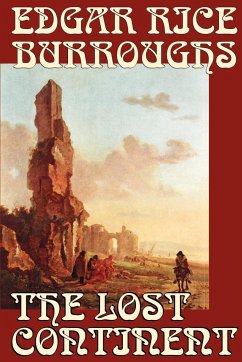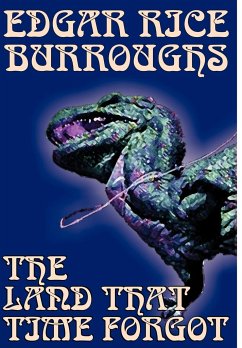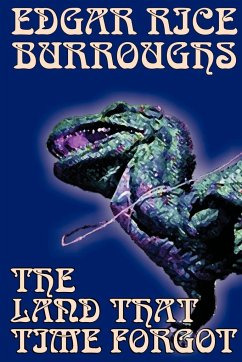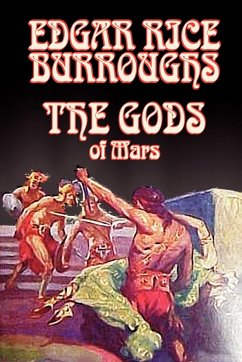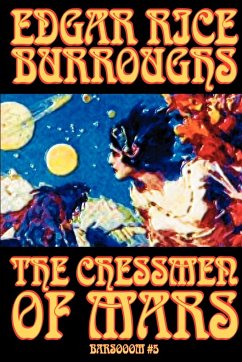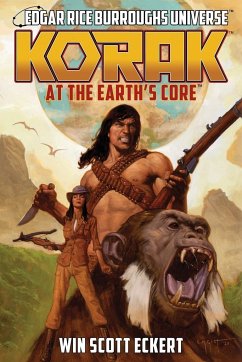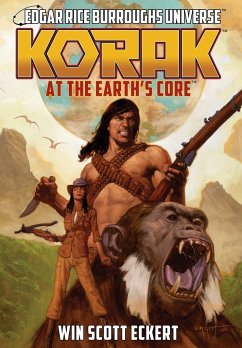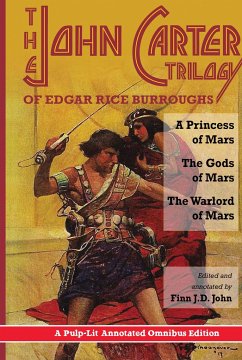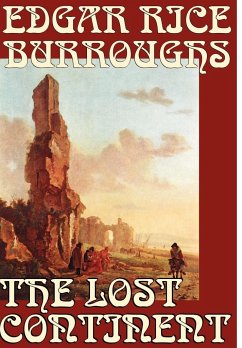
The Lost Continent by Edgar Rice Burroughs, Science Fiction
Versandkostenfrei!
Versandfertig in über 4 Wochen
29,99 €
inkl. MwSt.
Weitere Ausgaben:

PAYBACK Punkte
15 °P sammeln!
The year is 2137. Two hundred years ago -- in our time, more or less -- Eurasia fought a war to end all wars, a war that meant, for all intents and purposes, the end of the Old World. The Americas managed to retain their civilization -- but only by engaging by the most extreme form or isolationism imaginable for two centuries, now, no American has ventured east of the thirtieth parallel. "East for the East . . ." the slogan went, "The West for the West!" Until a terrible storm at sea forced American lieutenant Jefferson Turck to disobey the law, seeking safe harbor in England -- where he found...
The year is 2137. Two hundred years ago -- in our time, more or less -- Eurasia fought a war to end all wars, a war that meant, for all intents and purposes, the end of the Old World. The Americas managed to retain their civilization -- but only by engaging by the most extreme form or isolationism imaginable for two centuries, now, no American has ventured east of the thirtieth parallel. "East for the East . . ." the slogan went, "The West for the West!" Until a terrible storm at sea forced American lieutenant Jefferson Turck to disobey the law, seeking safe harbor in England -- where he found that two centuries of isolation have desolated the land. The damaged ship found a Europe that is no longer an enemy -- a ruined land that is utterly unable to be an enemy -- or a friend. Burroughs imagines a future two centuries onward in which the western hemisphere severed contact with the rest of the world.



